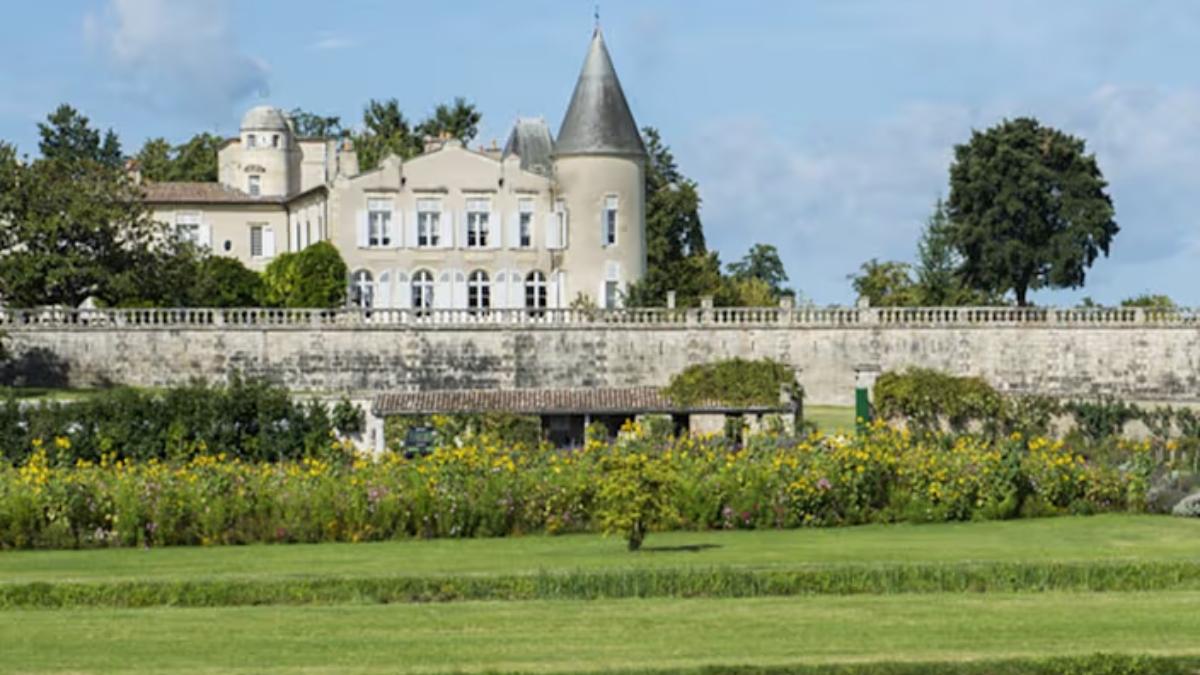


The story of Domaine Henri Jouan is one of quiet determination and a deep respect for the land. For generations, the Jouan family has meticulously tended to a few precious hectares of vines in the famed Côte de Nuits. The domaine's roots trace back to Henri Jouan's great-grandfather, a barrel maker who, in his spare time, cultivated a small patch of vines. This dual passion for wood and grape laid the foundation for the estate.
Today, Henri's son, Philippe, is the fifth generation to carry on this legacy, working side-by-side with his father. Their shared philosophy is simple: let the vineyard do the talking. They believe great wine is an honest expression of its terroir, a philosophy that has guided their every decision from grape to glass.
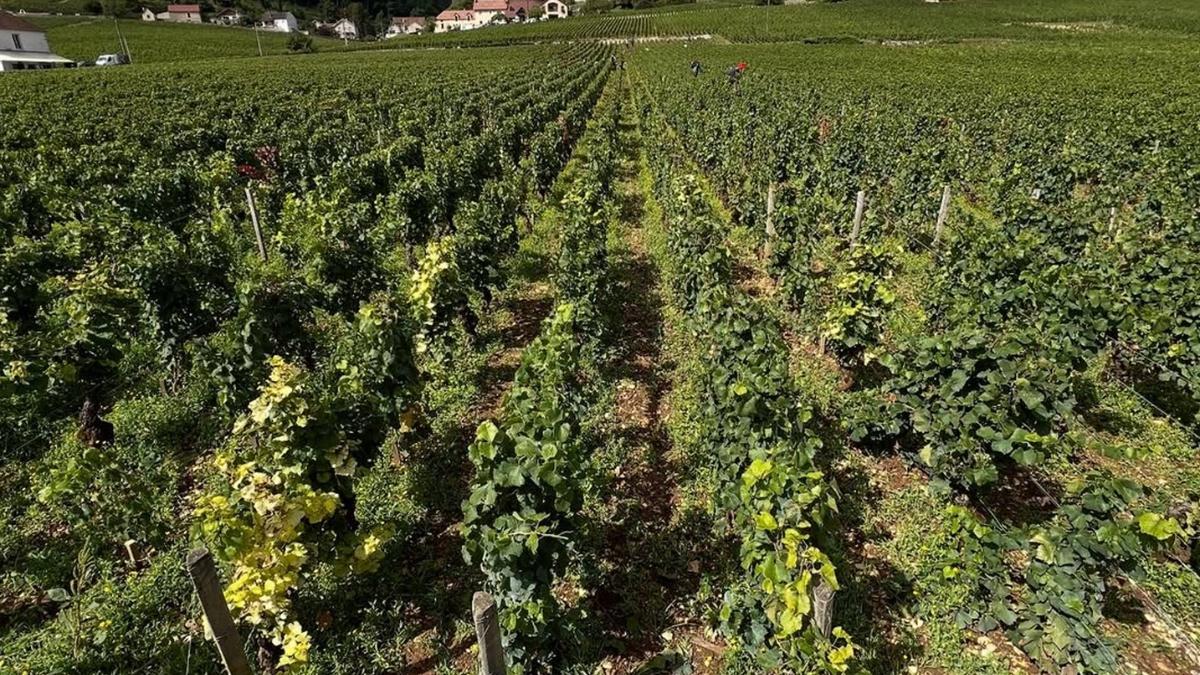
The Jouan family's approach to viticulture is beautifully anachronistic. They reject modern, high-tech farming in favor of a hands-on, low-intervention method. Their three-hectare estate is home to old vines, with some rows exceeding 100 years of age. These venerable vines naturally produce low yields, resulting in grapes with incredibly concentrated flavors.
In the vineyard, every task, from pruning to harvesting, is done meticulously by hand. They avoid chemicals and heavy machinery, ensuring the soil remains healthy and the vines are in perfect balance with their environment. This painstaking work and profound connection to their land are the secrets behind the singular purity and intensity found in every bottle of Jouan.
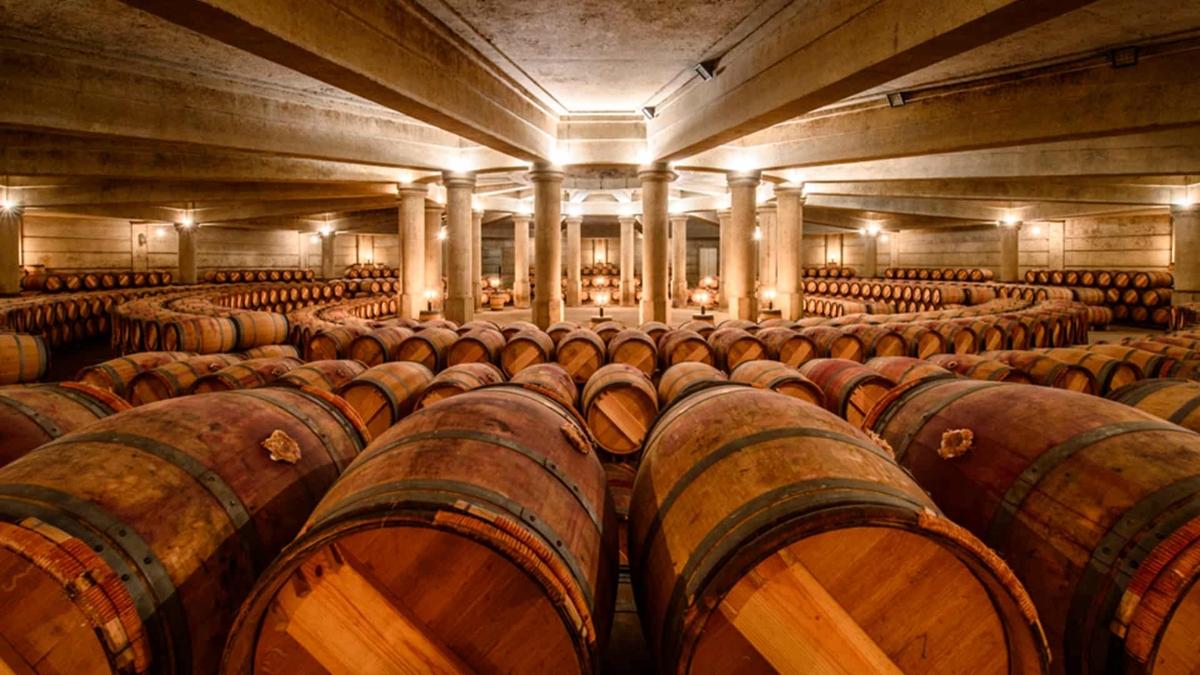
In the cellar, Philippe's approach is as transparent as his wine. The winemaking process is designed to interfere as little as possible, allowing the true character of the fruit to shine. Fermentation is carried out with native yeasts—the wild, natural yeasts that are unique to the domaine's vineyards. The wines are then aged in old oak barrels, many of which have been used for decades. By using older barrels, they avoid imparting any new oak flavors, which could mask the subtle, complex notes of the Pinot Noir.
The wines are also bottled unfiltered and unfined, a crucial step that preserves their texture, flavor, and authentic expression of the vintage and terroir. The resulting wines are not polished or flashy; instead, they are raw, soulful, and captivating.
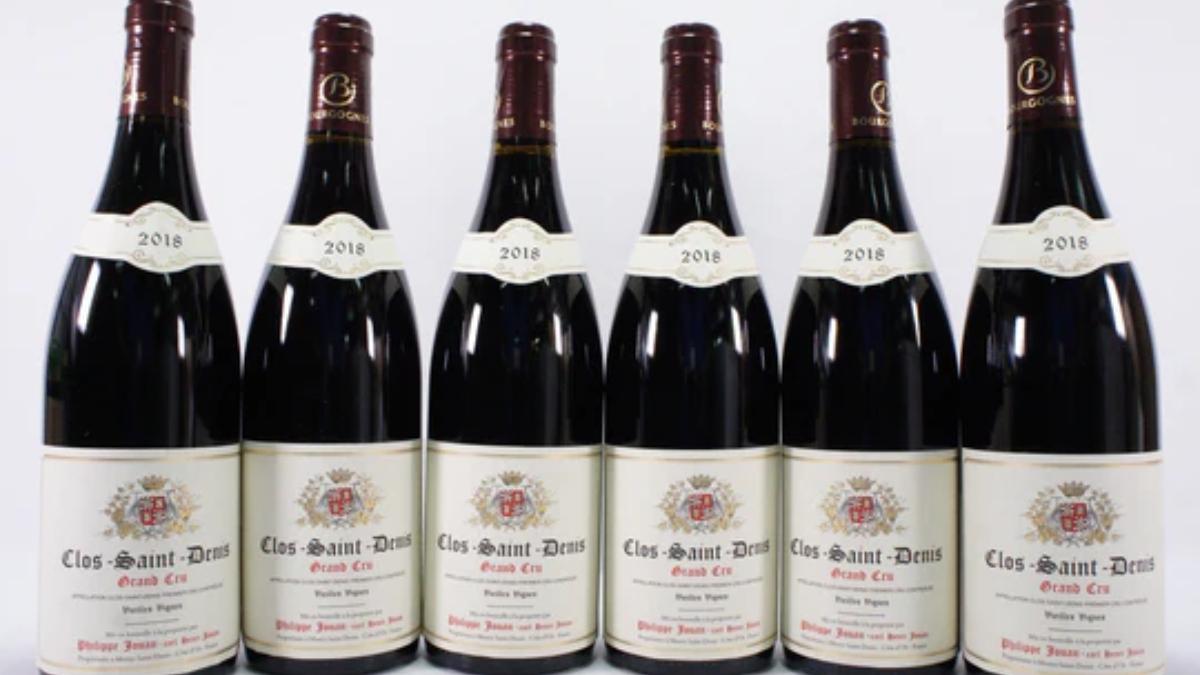
Domaine Henri Jouan doesn't court critics or seek out the spotlight. Their reputation is built on word-of-mouth among a small, dedicated circle of wine collectors and connoisseurs. This is, in part, due to their incredibly small production. With only a few thousand bottles produced each year, their wines are a treasure hunt for those in the know.
They are often described as “old-school” or “traditional,” with a style that is a nostalgic nod to a bygone era of Burgundian winemaking. This unique profile—rustic yet refined, simple yet profound—has made them one of Burgundy’s most fascinating and sought-after cult producers.
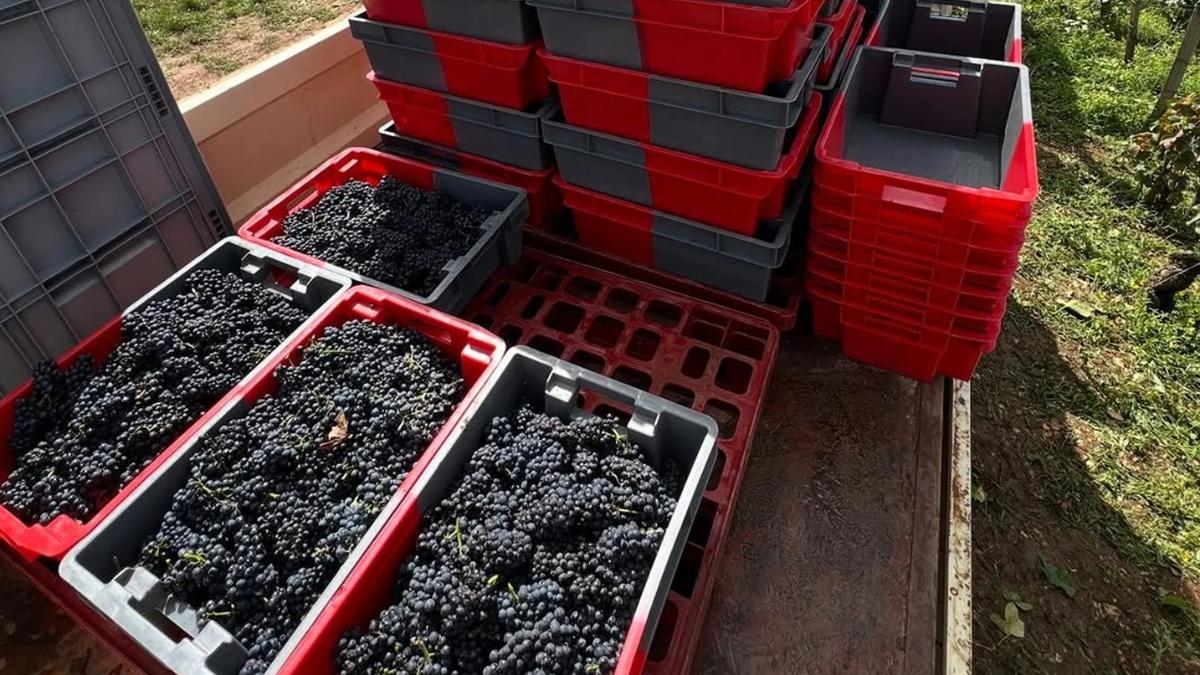
The wines of Domaine Henri Jouan are elegant and versatile, with a delicate structure and complex layers of red fruit, earth, and savory spice. Their balanced acidity makes them a perfect companion for a wide range of cuisines.
Classic pairings include roasted poultry (like chicken or duck), veal, or a simple beef tenderloin.
For something more rustic, try them with earthy dishes like mushroom risotto, lentil stew, or a selection of aged cheeses.
For a true Burgundian experience, pair a bottle with Boeuf Bourguignon or Coq au Vin, allowing the wine to harmonize with the rich, savory notes of the dish.
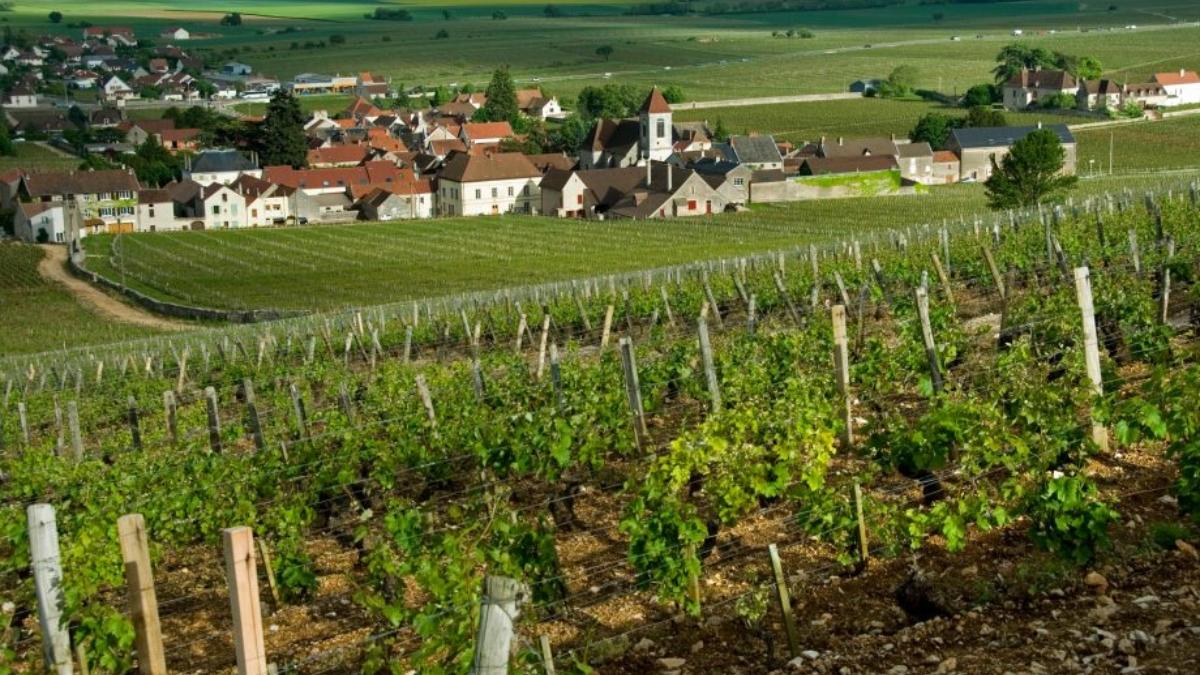
Generational Bond: Philippe still uses a 100-year-old wooden press that belonged to his great-grandfather, a testament to the family's unwavering commitment to tradition.
Friends of Fame: Domaine Henri Jouan was a close contemporary of the legendary, now-retired producer Jacky Truchot. Both winemakers shared a similar philosophy and produced wines that were pure, unadulterated expressions of their terroir.
The Unveiled Truth: The wines are bottled without filtration, a decision that allows them to retain all their natural complexity and character. This can sometimes result in a light sediment at the bottom of the bottle, a sign of their pure, unadulterated nature.
Small is Beautiful: The total production of all their wines—from their village-level to their Grand Cru bottlings—is tiny. This scarcity is a major reason for their cult status and high demand.